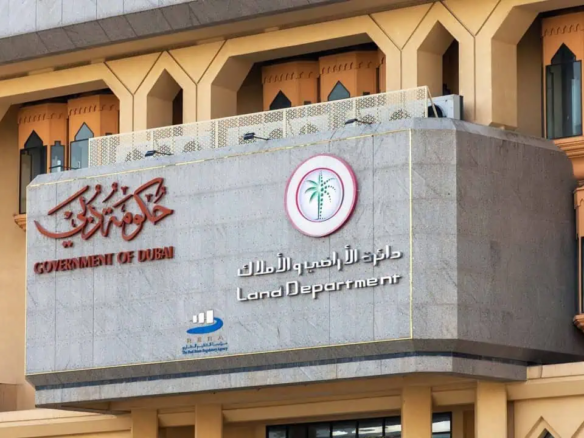Property tokenization is fast becoming one of the most innovative trends in the UAE’s real estate investment landscape. With tokenized units of property being snapped up within minutes of going live, the appetite for digital asset-backed investments is surging. However, one pressing question remains for investors and developers alike: Will these tokenized property investments be subject to UAE VAT?
The answer isn’t straightforward—and largely depends on how these assets are classified under UAE regulations.
Real Estate vs. Virtual Asset: The Tax Implication
The key factor determining VAT applicability is whether tokenized assets are treated as real estate interests or virtual financial assets.
If classified as virtual assets, token issuance and secondary market trading may be governed under VAT rules typically applied to financial services. In such cases, these transactions might be exempt or zero-rated, aligning with how financial instruments like stocks or bonds are treated.
If considered traditional real estate assets, commercial property tokens would likely attract the standard 5% VAT. Residential property tokenization, however, may remain VAT-exempt, consistent with existing VAT treatment of residential real estate.
This distinction is crucial—not only for initial token sales, but also for secondary trading and recurring income such as rental distributions.
What About Rental Income?
Rental income generated from tokenized properties could contribute to investor returns. Whether such income falls within the real estate or financial services category again depends on how the underlying asset is legally structured. For example:
If the platform offers direct ownership rights over a commercial property, the rental income and related services may be VAT liable.
If the platform treats the investment as a security or share-like instrument, different rules may apply.
Even platform fees, brokerage charges, and management costs must be carefully analyzed to determine the applicable VAT rate.
Navigating the Legal Landscape
Given the early stage of property tokenization in the UAE, blanket VAT policies do not yet exist. Each investment structure must be reviewed individually.
Tax professionals recommend that both developers and investors engage early with the UAE’s Federal Tax Authority (FTA). Contracts and platform structures should include clear classifications to minimize legal ambiguity and avoid unexpected tax liabilities.




